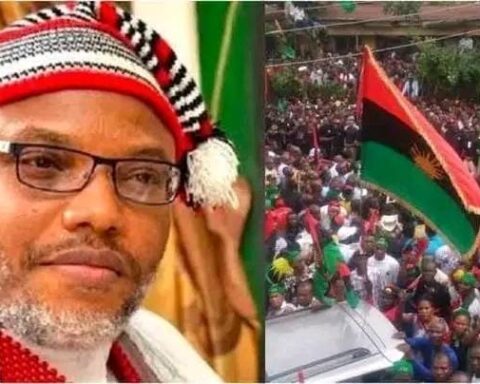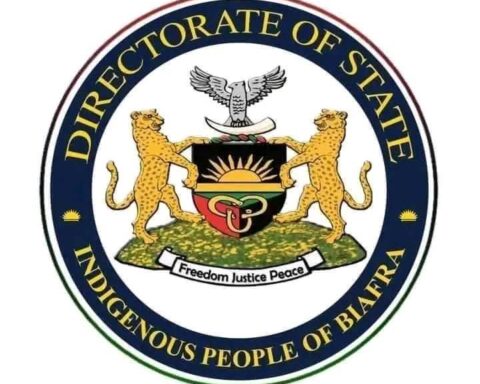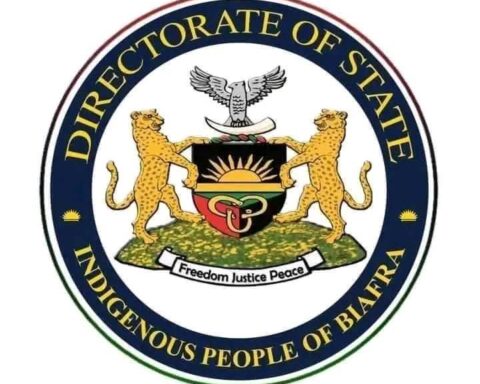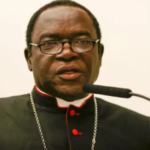Former presidential candidate Peter Obi has raised alarm over Nigeria’s spiraling debt crisis, following the Nigerian Senate’s approval on July 22, 2025, of additional external borrowings amounting to $21 billion, €2.2 billion, and ¥15 billion. The Senate also gave a nod to a N750.98 billion domestic bond issuance and a €65 million grant, pushing Nigeria’s total public debt to an estimated N187 trillion.
Obi, in a post published today on his official X account, criticized the government’s borrowing spree, warning that the debt burden could exceed N200 trillion before the end of 2025. He highlighted that Nigeria’s debt now represents about 50.16% of its recently rebased GDP, the highest in the country’s history, and questioned the lack of visible impact across critical sectors despite the huge loans.
He decried the continued decline in key human development indicators, including underfunded education, inaccessible healthcare, crumbling infrastructure, and widespread insecurity. Obi pointed to alarming figures showing over 10,000 people killed and 672 villages destroyed between May 2023 and May 2025, despite rising security expenditures. He also drew attention to a worsening power sector, with Nigeria still generating less than 5,000 megawatts for over 200 million citizens.
Obi expressed deep concern over new reports from Médecins Sans Frontières (Doctors Without Borders), which revealed an escalating malnutrition crisis in Northern Nigeria, with Katsina State among the worst-hit regions. He cited the tragic deaths of over 652 children as evidence of the government’s failure to protect the most vulnerable.
Reiterating that borrowing is only acceptable when it leads to measurable outcomes and productive investments, Obi condemned the current borrowing pattern as reckless and unaccountable. He warned that the government is mortgaging the future of unborn generations, and called for a return to fiscal discipline, reduction in governance costs, and investment in human capital.
“It is time to stop this fiscal indiscipline,” Obi concluded. “We must build a New Nigeria, where leadership is responsible, development is people-centred, and every kobo borrowed or spent delivers a measurable impact.”



























